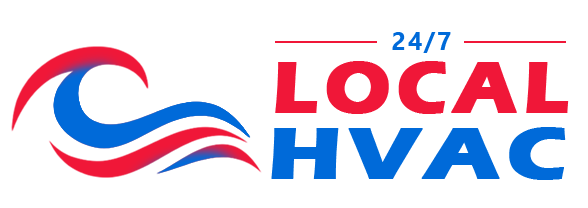Why Is My Furnace Leaking Water? How To Fix It [With Pictures]
Water damage is one of the most common household disasters. We've all been there. A water leak can be a major headache and even cause mold to grow. This will make you sick and cost a lot of money to repair. Furnace leaking water is a common problem for homeowners to deal with. A water leak from your furnace could lead to high repair costs, or even worse, mold growth, which could damage your property and pose a risk to your health. If it continues to leak, then your furnace will eventually fail and need to be replaced. And if you're struggling with a furnace that won't turn on, you can explore more here.
It's always better to address an issue before it becomes a problem. An unchecked furnace leak can lead to more costly repairs down the road; homeowners should never overlook it. This post provides information on why furnaces leak water and what can be done about it! Call now so that we can stop the problem before it becomes bigger issue.
How Does My Gas Furnace Work And Does it Produce Water?
You may be wondering, what does water have to do with my furnace? Let's jump right in!
For starters- lets dig into how your furnace works. When the indoor temperature has dipped below the thermostat's set temperature, the thermostat will send a signal to the control board located inside the furnace to begin the heating cycle. This starts by turning on an ignition switch, opening the gas valve, and turning on the draft fan in order to create combustion. The combustion warms the heat exchanger. The flue gasses inside the heat exchanger are released outside through the exhaust pipe. Then the blower fan blows cool air from inside your home past the heat exchanger. This is where the air absorbs the heat and is then forced through your house's ventilation system to heat the house. That's how warm air is made!
Got the basics? So where does the water come in?
A conventional furnace, also known as a standard efficiency furnace, does not produce water. However, if you have a high efficiency furnace , (90 % efficiency), condensation will arise due to the addition of the second heat exchanger. This is why a high efficiency furnace is also known as a condensing furnace, and standard efficiency furnace is a non-condensing furnace.

Primary Heat Exchanger
After the burning gas exits the primary heat exchanger, it proceeds to the secondary heat exchanger. The secondary heat exchanger is where the exhaust or flue gas undergoes further heat exchange. This creates water vapor forms. ( Find out more about Heat Exchangers here! ). As water transitions from a vapor to a liquid, more heat is released into the secondary heat exchanger. In this way, the furnace functions even more efficiently. From there, the condensation is drained into a condensate pump or a floor drain.
What kind of furnace unit do I have ?
Now, let's figure out the type of furnace you have.
It is relatively easy to identify your furnace type, and to narrow down the reason for the leak. Look at the exhaust pipe. When the pipe is white plastic furnace PVC pipe, then it is a condensing furnace, making it high efficiency. A metal exhaust pipe has a standard efficiency rating and does not produce condensation.

Why is High efficiency furnace Leaking Water?
When a high efficiency furnace releases the exhaust gases, condensation is created. This condensation is a significant amount of moisture on the PVC pipe, and it needs to be drained either into a floor drain or a condensation pump. A water leakage occurs when the condensation is unable to drain properly.
Let me give you some examples:
Leaking From Condensate Drain Hose
The drain hose, which slopes down from the PVC exhaust pipe, can easily become clogged with debris, dirt, and dust. If any tubing that aids the draining is damaged, disconnected or clogged, this is when condensation leak occurs.

Condensate Drain Hose
Inducer Assembly Leaking
Next, the condensation runs down the exhaust/ flue pipe, through the condensate drain hose, and into the inducer assembly. If the inducer assembly has a crack in it, water can leak out of the furnace.
Leaking From Condensate Drain Line
As the water exits, it passes through a condensate drain line. If this has a loose connection, cracks, or holes it can cause a water leakage. Also, if the drain line is clogged it can cause the condensate to back up and create a water leak.

Leaking Out Of The Condensate Trap
A clogged condensate trap can cause condensate to back up and overflow out of the furnace. Note, not all high-efficiency furnaces have a condensate trap.
Condensate Pump Leaking
The condensate pump is where the condensate eventually drains into. This is yet another component that can clog, leading to a leak. A blocked drain, or even a partially blocked drain, will result in the furnace leaking. If you notice water on the floor around your high efficiency furnace unit, or water or rust stains within the cabinet, your furnace is not draining properly. Similarly, a malfunctioning pump can cause water to back up and cause a furnace leak. A professional will have to replace it in this situation. Most condensate pumps last between 3 - 5 years, after that it may not perform optimally.

Overflowing condensate pump
Why is Non-High Efficiency Furnace Leaking Water?
If your furnace unit is a conventional furnace operating at standard efficiency, then it will not generate any water. If there is standing water around your furnace, it is probably coming from another appliance.
Here are a few appliances to look out for:
Water Leaking From Air Conditioner
When your AC unit is running it generates water, making it a common source of leaks. Your AC may leak for a number of reasons, such as:
Damaged Drain Pan
All AC units have a primary drain pan and it is located under the evaporator coil. Some AC units have a secondary drain pan which is placed beneath the unit. The purpose of the drain pan is to catch any condensate. If there is a crack or hole, the excess water will spill or leak out.

Water leak from attic drain pan
A Frozen Coil
If your evaporator coil freezes, your AC unit will begin to leak.

Frozen Evaporator Coil
Clogged Drain Line
A clogged drain line will cause the drain to disconnect from the drain pan if water cannot pass through. Then the water will drip and pool around your AC unit.
Failed Condensate Pump
A condensate pump is necessary to drain the condensation from the HVAC. If you have a high- efficiency furnace, then the furnace and air conditioner most likely share the condensate pump.
Water leaking From Hot Water Heater

The culprit could also be your water heater. In time, the drain valve or T&P valve can loosen, which can allow water to seep out. Additionally, any crack in your water heater will cause it to leak. Unfortunately, the corrosive effect of hard water can cause cracks to form. Learn more about what causes your water heater to leak and what you can do about it here !
Water Leak From Humidifier
Another reason you make see water on the ground is if you have a whole-house humidifier. An HVAC system with a built-in humidifier will require plumbing to supply water to the humidifier. A leaking humidifier can occur when the water lines crack, break, or get clogged due to lack of maintenance.
Is Furnace Leaking Water Dangerous?
Water can be destructive. A leaking furnace may not pose an immediate risk to your safety, but it certainly puts your comfort on the line. If a leaking furnace is left untreated , you will undoubtedly be facing cold and costly outcomes.
Dripping water can lead to rust developing. Rust decays the working parts of your furnace, first contributing to increasing inefficiency and eventually leading to breakdowns and repairs.

Cleaning up a furnace leaking water. Rust has formed from the water leaking.
The most dangerous place for rust to develop is on the heat exchanger. If rust develops a hole or crack on your heat exchanger, your home or business could be exposed to the harmful gas CO. A cracked heat exchanger can have serious repercussions on your health, not to mention your wallet too. Learn more about what a cracked heat exchanger means for you here !

rusted and cracked heat exchanger
Water leaking inside the furnace can also cause damage to the internal electrical components. This can cause your furnace not to work all together. The circuit board, for example, is responsible for transmitting the signals needed to start the furnace's heating procedure. If water leaks on to the circuit control board, it won't be long before you need to replace it!

Rust on furnace control board

furnace leaking water on control board
A leaky furnace can lead to more serious consequences if it is not fixed in time. You might still have heat now, but that won't last for long. Call for a furnace repair before things get worse.
What Should I do If I Have A furnace leaking water
Don’t Panic!
Step 1. Turn the HVAC system off.

Furnace switch
First, turn off your furnace. This stops more water from leaking. You can do this by turning it off from the thermostat. Or you can turn the furnace switch off. You should see a switch on or next to the furnace. If you can’t find this, turn the unit off at the breaker.
Step 2. Clean up water around the furnace

Cleaning up a furnace leaking water
Next, clean up all the water you can. You can do this with towels and napkins. If it is a substantial amount of water you may even consider a wet vac.
Step 3. Unscrew the front panel of the furnace

Remove furnace door
You can unscrew the front panel of the furnace to clean up the water inside, (if you feel comfortable). It's always important to stay proactive on mold prevention.
Step 4. Call An HVAC Pro

HVAC Pro
The last step is to always call technician. Furnace leaking water will only get worse with time, don't wait!
How can I prevent my furnace leaking water in the future ?
If you have a leaking furnace, it can be expensive to repair. Luckily, this doesn't need to happen! The good news is that there are proactive steps you can take today to prevent leaks from occurring in the first place! You can prevent a leaky furnace by scheduling routine maintenance. HVAC professionals can spot signs of impending problems before they happen - like leaks or clogs that could make for costly repairs later on. We can help prevent future issues by performing regular maintenance on your system and will be able to diagnose the cause of the leak so we know how best to fix it. Learn about what happens during a furnace tune up and how you can provide heating maintenance to your furnace here. Schedule an appointment today and get peace of mind knowing that if something does go wrong down the road we’ll have already addressed any potential issues!
We Have Your Back
If you have a leaky furnace, it’s important to get the problem fixed as soon as possible. The longer your heating unit is leaking water and losing energy efficiency in the winter, the more likely it will be for you to experience other problems with your home or property. So, if you find that your furnace is leaking water or noticing any other problem with it, don’t hesitate to call our team of heating experts. Don't let another day go by without getting that pesky leak taken care of. Every minute wasted only makes things worse when it comes time for a furnace repair. Schedule online or Call our experts today so we can repair your leaky furnaces before anything else goes wrong!
Contact us today if you have questions about a leaky furnace—or if you simply want more information about how to keep your home safe and healthy. We offer furnace repair , furnace maintenance , and new furnace installation.
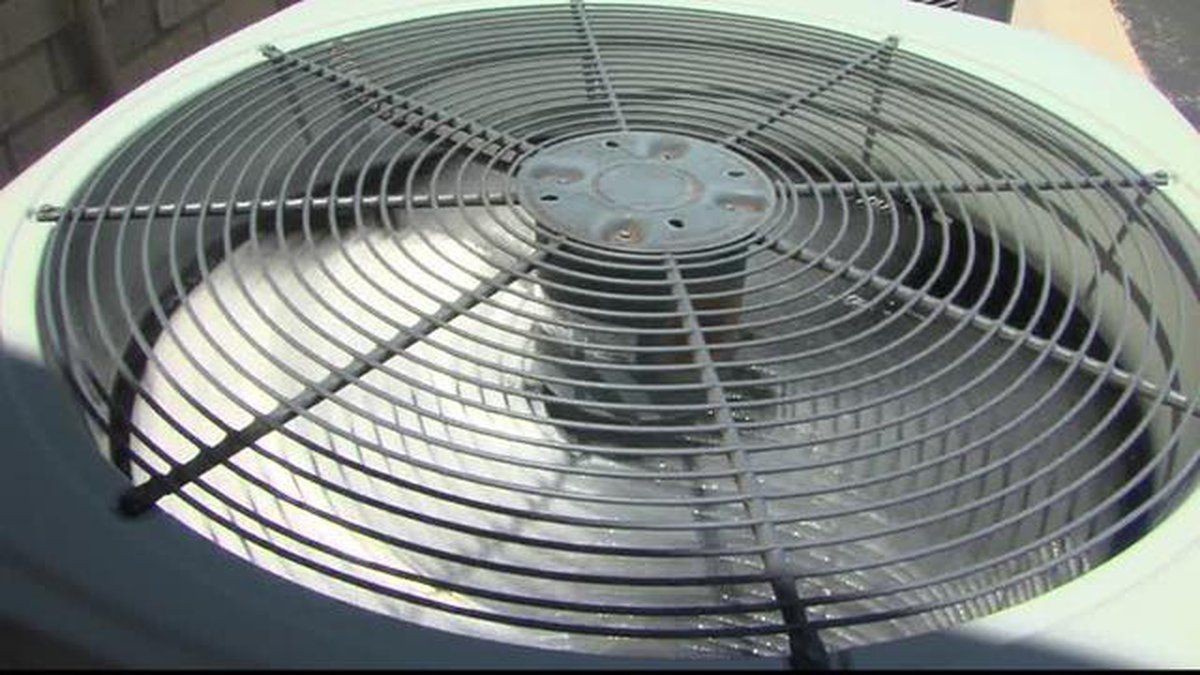

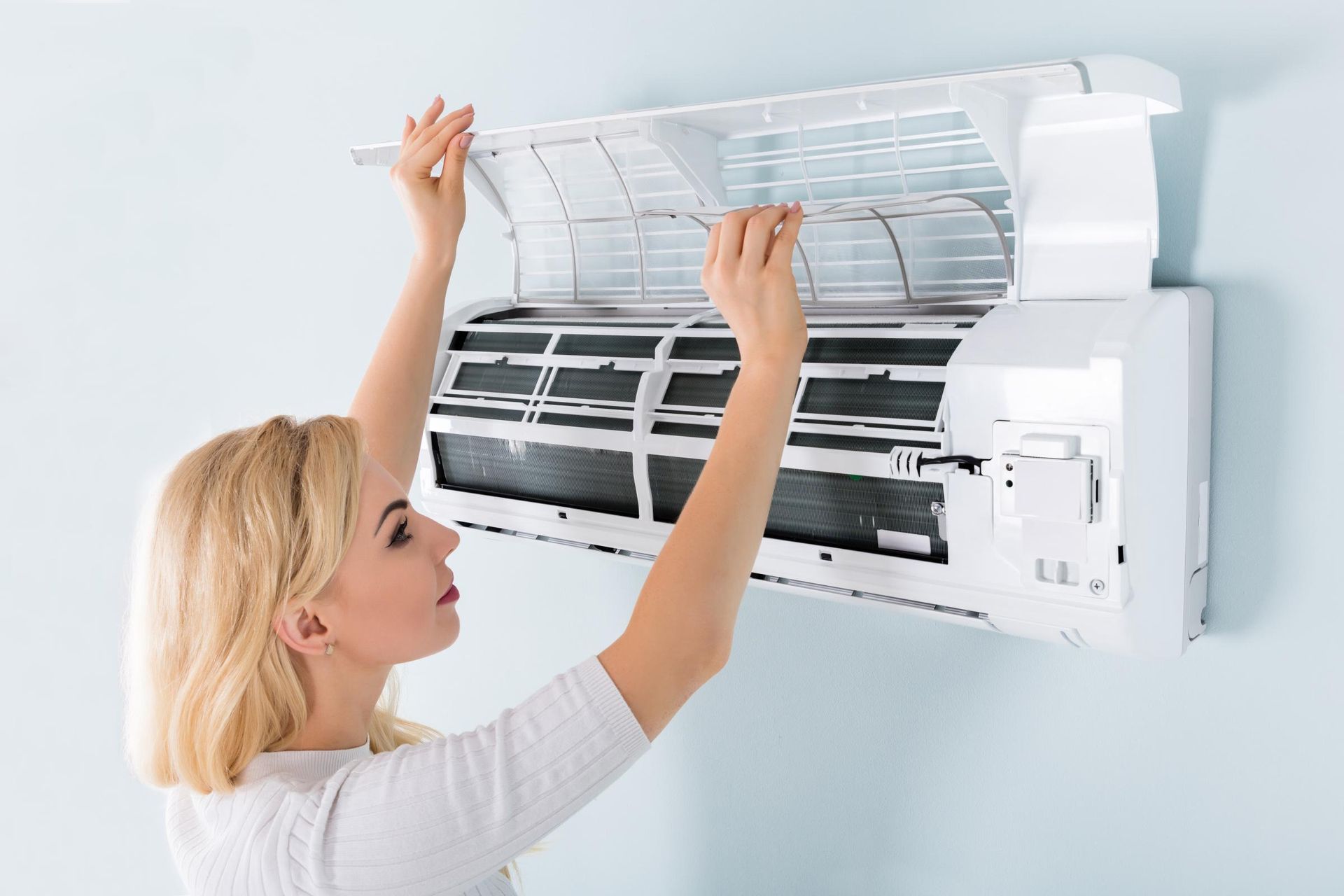
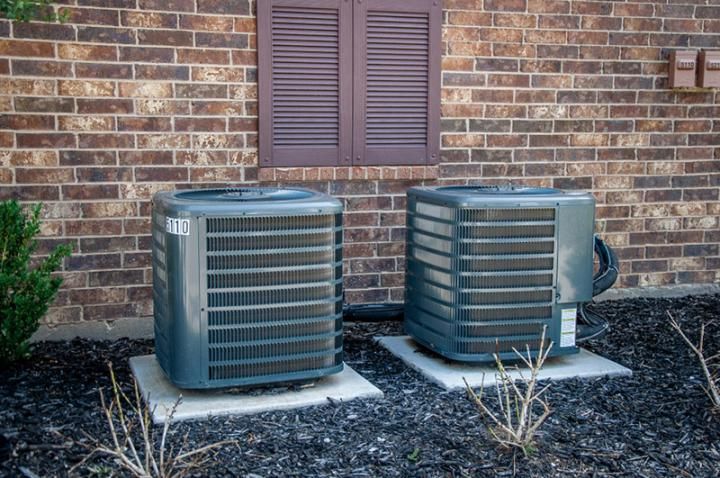

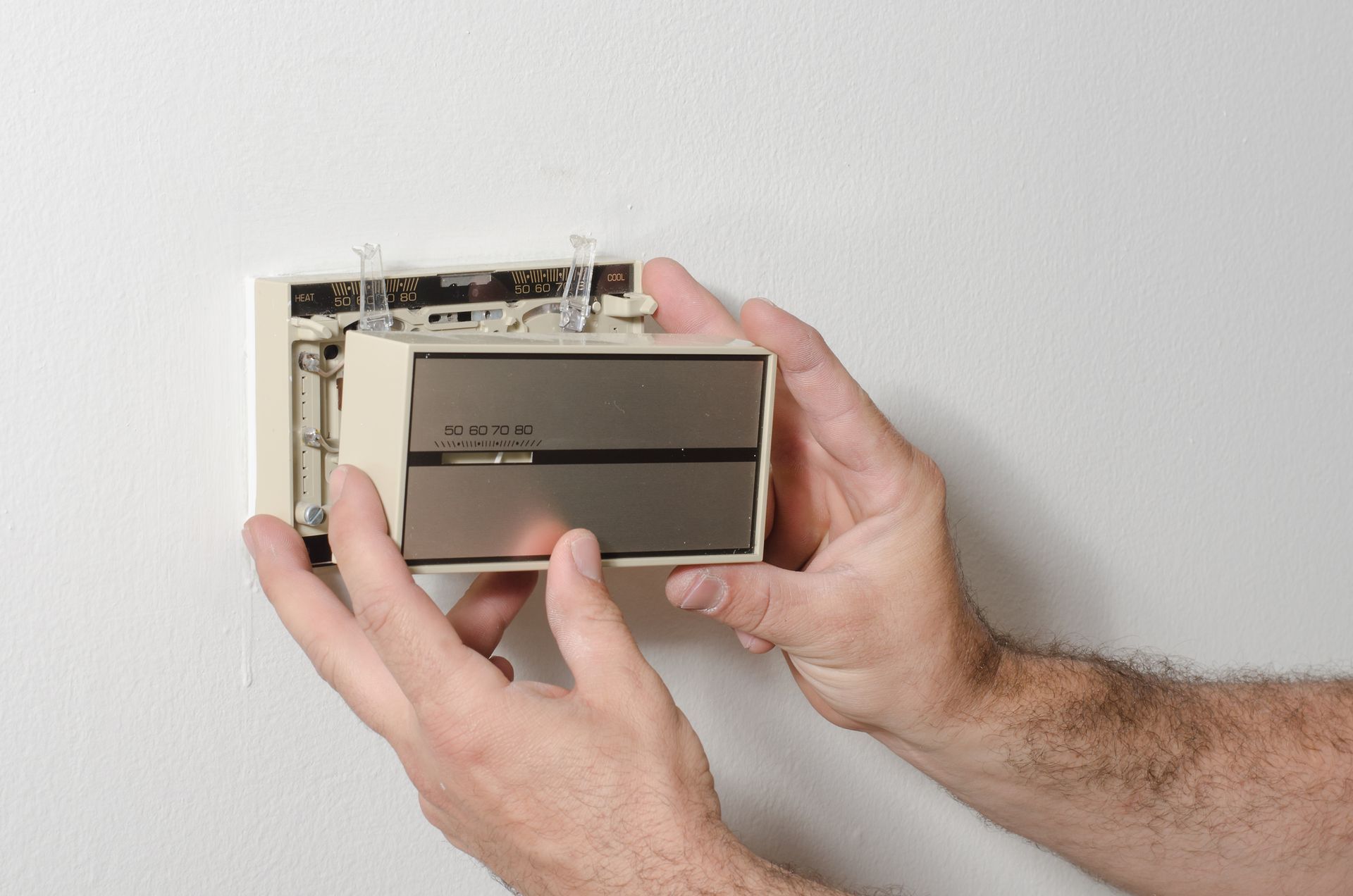

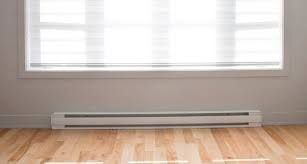
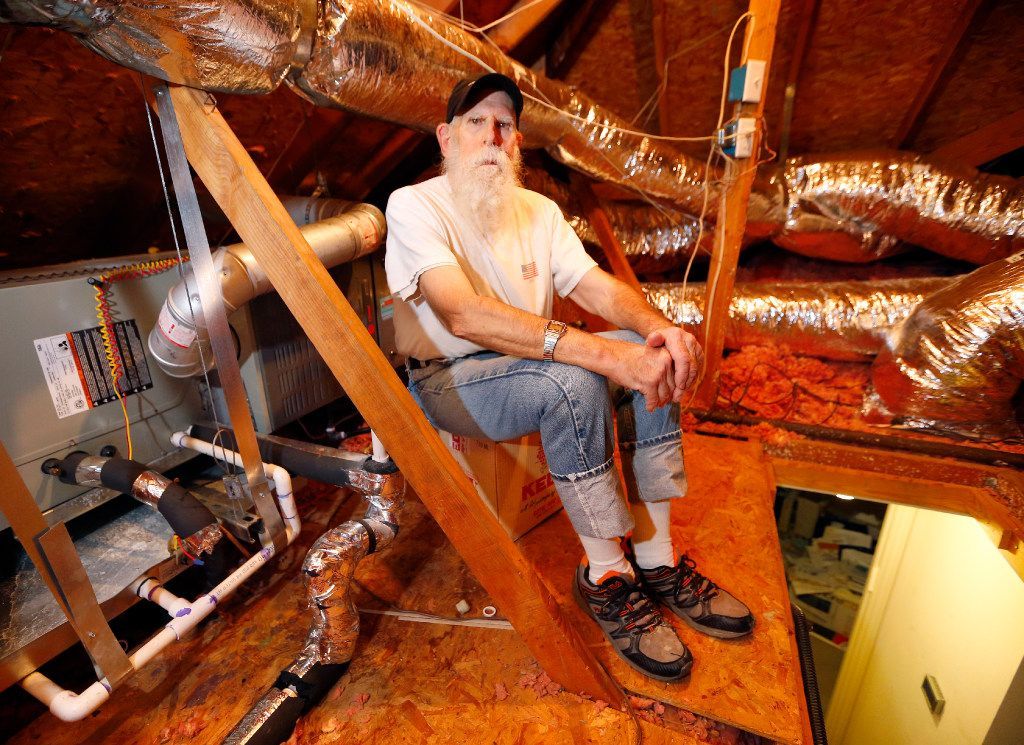

1200 Brickell Avenue Suite 1950, Miami, FL 33131
At 24/7 Local HVAC, we specialize in facilitating connections with top-tier HVAC professionals. Our focus is on bridging the gap between you and reputable HVAC companies operating within your local vicinity. It's important to emphasize that each of these HVAC entities functions independently and autonomously.
We firmly place the onus on every individual user to meticulously verify that any selected HVAC company aligns with the mandated licensing and insurance prerequisites stipulated by the governing authorities in their respective jurisdiction.
Furthermore, it's worth noting that our services may regrettably not cover all geographical areas. In instances where our services are available, the scope of offerings could potentially differ based on the composition of service providers present within that particular region.

